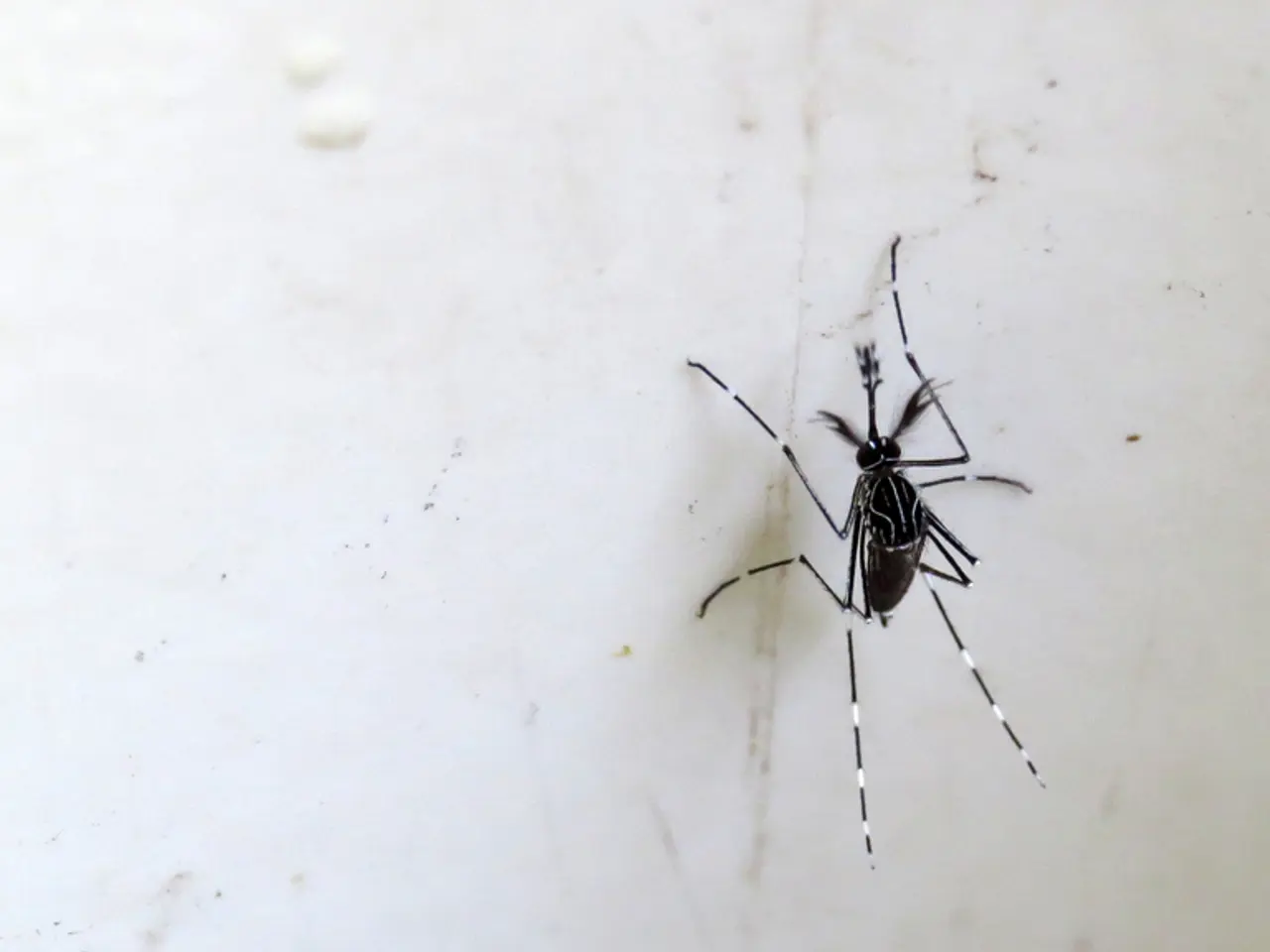Seven individuals succumb to West Nile virus in Greece - Seven fatalities reported due to West Nile virus in Greece
In a recent weekly report, the Greek health authority EODY has confirmed 68 cases of the West Nile Virus in Greece, with six patients currently being treated in hospitals, and three in intensive care units. Sadly, seven people have lost their lives to the virus this year.
The West Nile Virus, known to cause central nervous system infections, is primarily transmitted by certain species of biting mosquitoes, notably Culex mosquitoes. These mosquitoes are the main vectors for West Nile virus transmission, and the current temperatures in Greece, around 32 degrees Celsius, are favourable for their activity.
The majority of the confirmed cases in Greece have been reported in rural areas around Athens and in Central Greece. However, it's important to note that many infected individuals may not notice the disease, as most infected people do not develop symptoms or only experience mild ones such as headache and muscle pain.
The virus seems to primarily affect older people or those with underlying conditions, causing severe cases with high fever. Regrettably, the deaths in Greece have occurred in individuals over 65 years old.
The authorities advise using mosquito repellents and using mosquito nets over beds to prevent mosquito bites, especially in at-risk areas. It's crucial to remember that taking these precautions can help reduce the risk of contracting the West Nile Virus.
While the number of confirmed cases in Greece is currently 68, the health authority EODY has stated that the actual number of infections is likely much higher than the confirmed cases. This highlights the importance of continued vigilance and the need for the public to take preventative measures seriously.
Stay informed, stay safe, and remember to protect yourself against mosquito bites. For the latest updates on the West Nile Virus in Greece, visit the EODY's official website.
Read also:
- Is it advisable to utilize your personal health insurance in a publicly-funded medical facility?
- Dietary strategies for IBS elimination: Aims and execution methods
- Benefits, suitable dosage, and safety considerations for utilizing pumpkin seed oil in treating an overactive bladder
- Harmful Medical Remedies: A Misguided Approach to Healing






